TAN Books Charlotte, North Carolina Collection and biographical notes 2016 Joseph Pearce. First published in the United States by Ignatius Press as
. This TAN edition has been retypeset and revised. Typography in this edition is the property of TAN Books and may not be reproduced, in whole or in part, without the written permission of the publisher.
by Siegfried Sassoon Copyright Siegfried Sassoon and reprinted by the kind permission of the Estate of George Sassoon. Cover design by Caroline Kiser ISBN 978-1-50510-862-0 Published in the United States by TAN Books P.O.
Box 410487 Charlotte, NC 28241 www.TANBooks.com Printed and bound in the United States of America PRESENTED TO __________________________________________________ Name __________________________________________________ Date / OccasionPersonal Note __________________________________________________ For BeatriceThis I implored; and she, so far away,Smiled, as it seemed, and looked once more at me;Then unto the eternal fountain turned.
BY JOSEPH PEARCE It might be prudent in a preface to a book entitled
Poems Every Catholic Should Know to address the question of whether Catholics should bother to know poetry at all. We all live busy lives and we might feel that we dont have time for anything but the most important things. Can we really claim that poetry is all that important? Dont we have better things to do with our time? It is tragic that many people who ask such questions, claiming to be too busy for the reading of poetry, spend too much time on the couch watching TV or surfing the web in pursuit of trivia. Techno-addiction lulls the mind into a comfort zone of banality, narcissistically self-centred and self-gratifying, disconnecting us from the reality that surrounds us. At the same time, even as it lulls us from reality, it agitates us into a state of restlessness, which is one of the defining traits of addiction. Thus we find ourselves in a state of soporific agitation, unable to awaken ourselves from virtual reality to veritable reality and yet unable to find any rest in our narcissistic escapism.
In a purely practical sense, the reading of poetry can save us from wasting our lives in this way. And theres no need to take my word for it. Lets hearken instead to the wisdom of the great angelic doctor, St. Thomas Aquinas. Once we understand what Aquinas says about our engagement with reality, we will understand the root cause of our disastrous disengagement from it and the reason that poetry can help to heal us of our tendency to waste our lives on trash and trivia. In essence, St.
Thomas shows us that humility is the beginning of wisdom because it is the necessary prerequisite for our eyes being opened to reality. One who has humility will have a sense of gratitude for his own existence and for the existence of all that he sees. This gratitude enables him to see with the eyes of wonder. The eyes that see with wonder will be moved to contemplation on the goodness, truth and beauty of the reality they see. Such contemplation leads to the greatest fruit of perception, which is what St. Thomas calls dilatatio, the dilation of the mind.
It is this dilation, this opening of the mind to the depths of reality, which enables a person to live in communion with the fullness of goodness, truth and beauty. Lets summarize: Humility leads to gratitude which sees with wonder, prompting the contemplation that leads to the dilation of the mind. Our modern obsession with social media might be seen as an infernal inversion of this true order of perception. If humility opens our eyes to reality, pride shuts them, blinding and binding us with the arrogance of our own ignorance. Pride, or narcissism, sees only itself or, more correctly, it sees everything in the light or darkness of its own self-centredness. It is myopic.
It cannot see beyond its own self-centre of gravity. It lacks gratitude. Such ingratitude leads to the cynicism which cannot experience wonder nor see the beauty inherent in reality. This lack of wonder makes contemplation on the goodness, truth and beauty of reality impossible and therefore makes dilatatio unattainable. Once again, lets summarize: Pride leads to ingratitude which lacks wonder, preventing contemplation and therefore closing instead of opening the mind. Another way of saying the same thing is to say that humility takes time while pride merely wastes it.
Truly humble souls, filled with gratitude and wonder, take the time to stop in the midst of a busy day to sit in the presence of beauty. They open their eyes to the glories of Gods Creation and to the reflected and refracted glories of mans sub-creation in art and literature, or else they close their eyes from all distraction so that they can listen to the singing of birds or the singing of choirs. Such time taken is the most joyful part of the day, a time when the mind communes with the reality of which it is a part. Prideful souls, lacking both gratitude and wonder, waste their time with mindless distraction after mindless distraction, filling the vacuum that their mindlessness has created with whatever trash and trivia that their fingers or thumbs can deliver on the gadgets to which they are chained. For such people, these gadgets have become godgets, pathetic and petty gods which command their attention and rule and ruin their lives. Such people spend much more time with their godgets than with their God.
If we wish to have minds open to the presence of God we need to take time and not waste it. We need to take time in the silence of prayer or the silence of poetry. We need more time with trees and less time with trash and trivia. A tree, or a flower, or a sunset are priceless gifts for which a lack of gratitude is a sin of omission. We cannot ever be wasting time when were taking it in wonder-filled contemplation. To be or not to be.
That is the question. To be alive to the goodness, truth and beauty which surrounds us, or not to be alive to it. To delight in the presence of Creation so that we might dilate into the presence of the Creator or to distract ourselves to death. Having hopefully persuaded the reader of the importance of taking time for poetry rather than wasting it on trash, lets take a quick look at the way that poetry has enlightened and enlivened Christendom, taking a lightning tour of the major poets of civilization. Beginning in the pre-Christian era we see how the poets of Athens and Jerusalem prepared the way for the coming of Christ with their creative gifts. Homer invoked his Muse, the divine bestower of the supernatural gift of

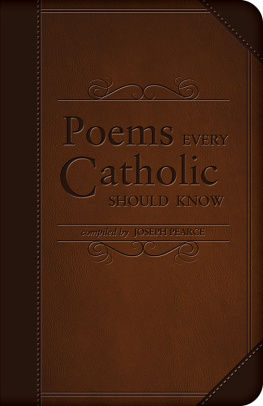
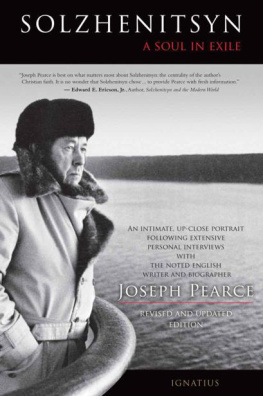
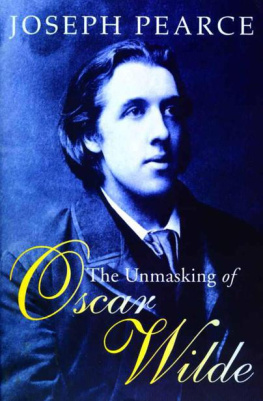
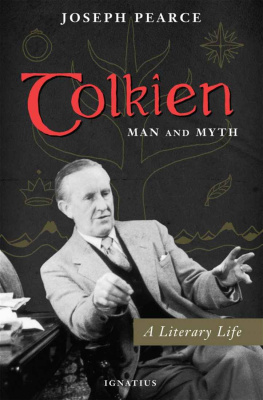
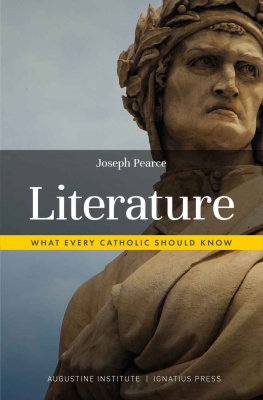
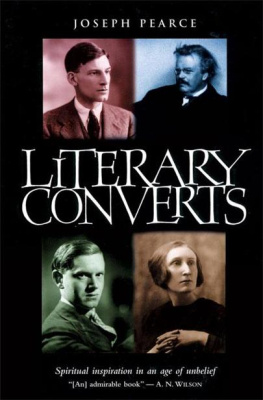
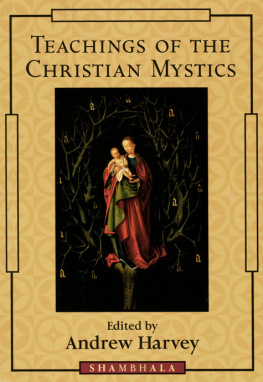
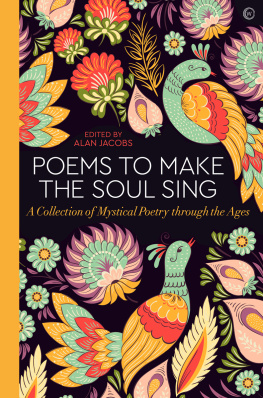
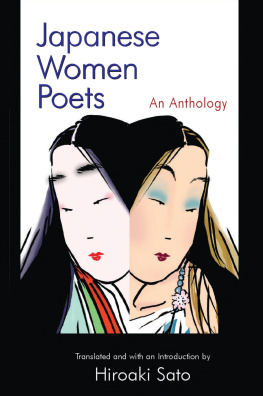
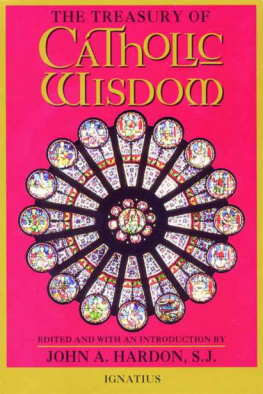


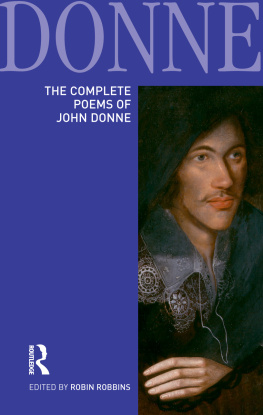
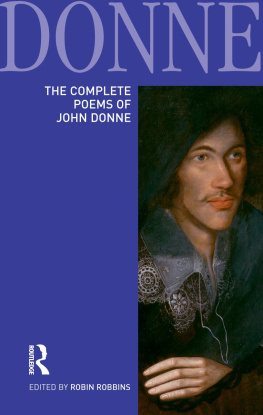
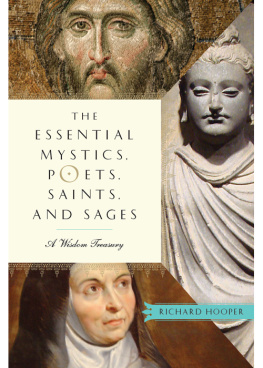





 TAN Books Charlotte, North Carolina Collection and biographical notes 2016 Joseph Pearce. First published in the United States by Ignatius Press as Flowers of Heaven: One Thousand Years of Christian Verse. This TAN edition has been retypeset and revised. Typography in this edition is the property of TAN Books and may not be reproduced, in whole or in part, without the written permission of the publisher. Lenten Illumiations, Arbor Vitae, and A Prayer in Old Age by Siegfried Sassoon Copyright Siegfried Sassoon and reprinted by the kind permission of the Estate of George Sassoon. Cover design by Caroline Kiser ISBN 978-1-50510-862-0 Published in the United States by TAN Books P.O.
TAN Books Charlotte, North Carolina Collection and biographical notes 2016 Joseph Pearce. First published in the United States by Ignatius Press as Flowers of Heaven: One Thousand Years of Christian Verse. This TAN edition has been retypeset and revised. Typography in this edition is the property of TAN Books and may not be reproduced, in whole or in part, without the written permission of the publisher. Lenten Illumiations, Arbor Vitae, and A Prayer in Old Age by Siegfried Sassoon Copyright Siegfried Sassoon and reprinted by the kind permission of the Estate of George Sassoon. Cover design by Caroline Kiser ISBN 978-1-50510-862-0 Published in the United States by TAN Books P.O.